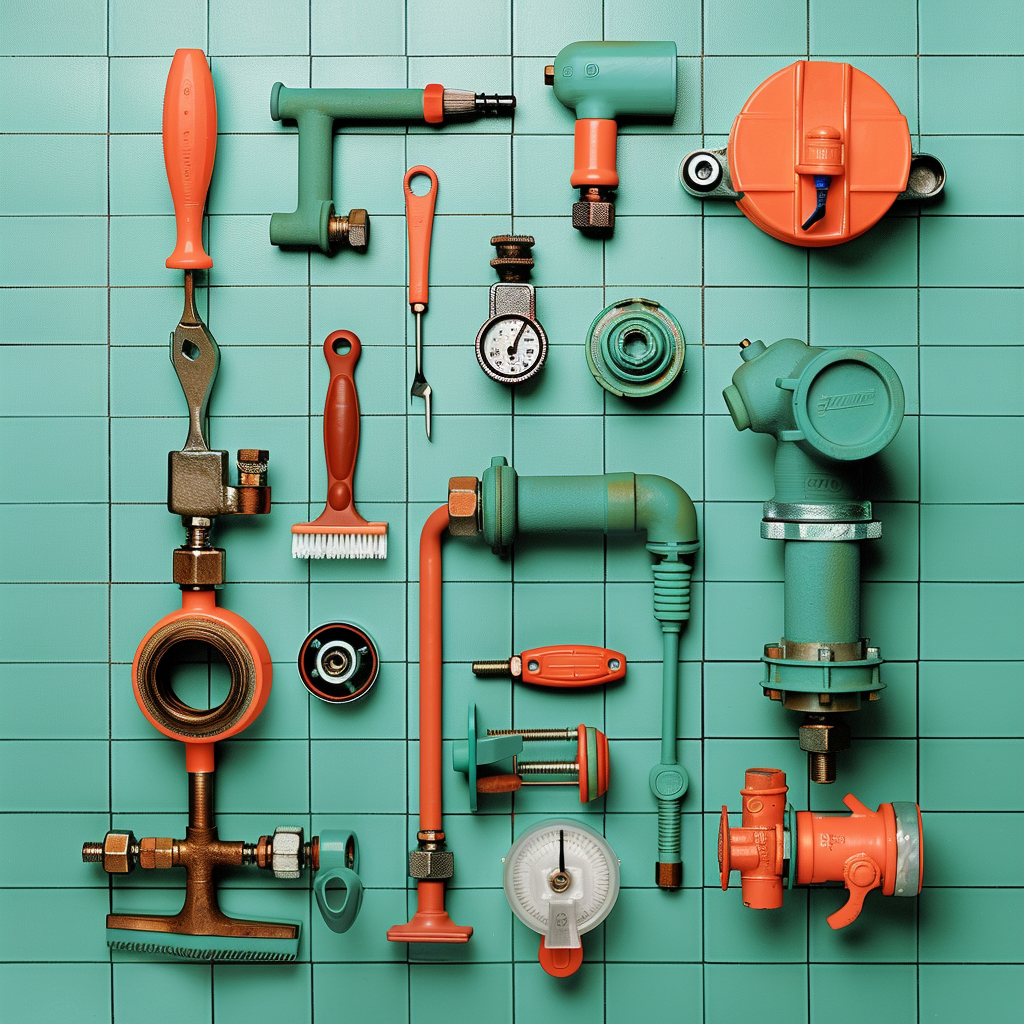Low water pressure can be frustrating and inconvenient, impacting daily tasks such as showering, washing dishes, and doing laundry. Whether it’s a localized issue in one faucet or affecting the entire house, addressing low water pressure promptly is essential. In this guide, we’ll explore the common causes of low water pressure, how to diagnose them, potential DIY fixes, and when it’s best to call a professional plumber like Da Vinci’s Best Plumbing for resolution.
Identifying Low Water Pressure:
Low water pressure can manifest in various ways, including:
- Weak Flow: Insufficient water flow from faucets, showerheads, or other fixtures, making it difficult to perform everyday tasks.
- Inconsistent Temperature: Fluctuating water temperatures due to insufficient water pressure, impacting the comfort of showers and baths.
- Sputtering or Spluttering: Air pockets in the water lines can cause sputtering or spluttering when turning on faucets or showerheads.
Diagnosing Low Water Pressure:
To diagnose low water pressure accurately, follow these steps:
- Check Multiple Fixtures: Test water pressure in multiple faucets and fixtures throughout the house to determine if the issue is localized or affecting the entire plumbing system.
- Inspect Water Valves: Ensure that all water valves, including main shut-off valves and individual fixture shut-off valves, are fully open to allow maximum water flow.
- Test Water Pressure: Use a pressure gauge to measure the water pressure at different fixtures. Low pressure readings may indicate a problem with the plumbing system.
DIY Fixes for Minor Issues:
Some low water pressure issues can be resolved with simple DIY fixes, including:
- Clean Faucet Aerators: Remove and clean faucet aerators to remove mineral deposits or debris that may be obstructing water flow.
- Check for Leaks: Inspect water pipes for leaks or damage that may be causing reduced water pressure. Repair any leaks found to restore proper flow.
- Flush Water Lines: Flush water lines by running all faucets and fixtures simultaneously to remove air pockets and debris from the plumbing system.
Why Hire a Professional Plumber:
While DIY fixes may suffice for minor low water pressure issues, certain problems require the expertise of a professional plumber. Here’s why hiring a plumber like Da Vinci’s Best Plumbing is recommended:
- Complex Diagnosis: Professional plumbers have the knowledge and experience to diagnose the underlying cause of low water pressure accurately, whether it’s due to clogged pipes, faulty valves, or other plumbing issues.
- Advanced Equipment: Plumbers have specialized tools and equipment, such as pressure gauges and pipe inspection cameras, to identify and address low water pressure problems effectively.
- Comprehensive Solutions: Plumbers can recommend and implement comprehensive solutions to restore proper water pressure, ensuring long-term reliability and performance.
Low Water Pressure Can Disrupt Daily Routines
Low water pressure can disrupt daily routines and impact household comfort, but with the right knowledge and expertise, you can address the issue effectively. Whether it’s a localized problem or affecting the entire house, understanding how to diagnose the issue and when to call a professional plumber is crucial. Don’t let low water pressure inconvenience you—take proactive steps to identify and resolve the underlying cause. If you encounter persistent low water pressure issues, don’t hesitate to contact a professional plumber like Da Vinci’s Best Plumbing for expert diagnosis and resolution.
Choose Da Vinci’s Best Plumbing For Plumbing Services Near You
Don’t wait for potential plumbing issues to get worse before you seek professional plumbing services near you. Da Vinci’s Best Plumbing brings top-notch plumbing services to Gresham, Portland, and the surrounding areas. We handle plumbing repair, plumbing maintenance, plumbing installations, and more with speed and expertise. Contact Da Vinci’s Best Plumbing today!
